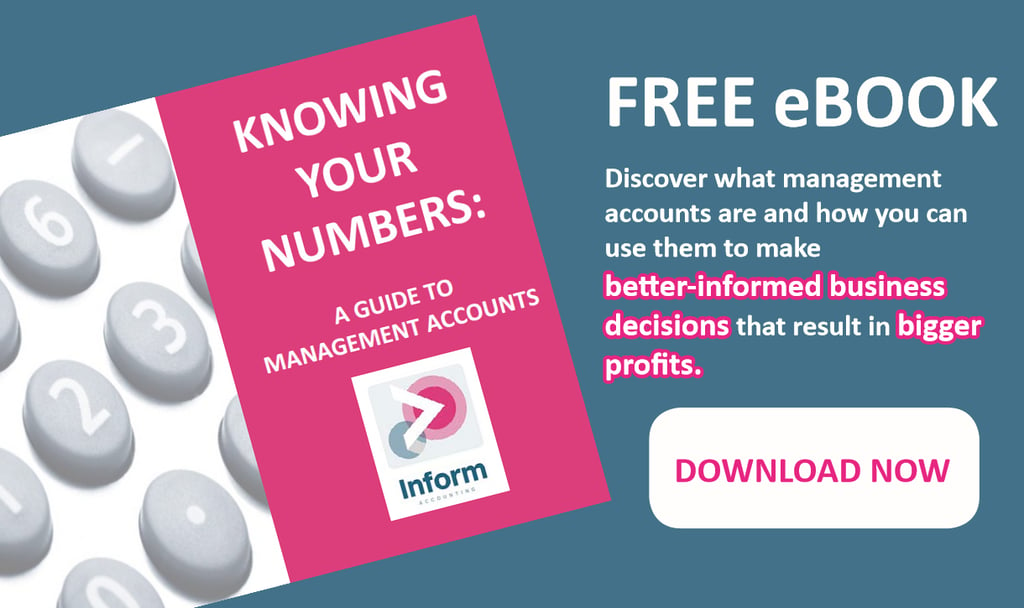BLOG
Differences Between Gross and Net Profit (Why Neither Matter Unless You Get Paid!)

Wondering if you're doing everything you can to boost revenue and cut costs? Or if your business is actually more profitable this year than it was last?
The best way to answer these questions is with a thorough assessment of profitability.
That's where gross and net profit calculations come in. These are two of the most important metrics for measuring your capacity to generate earnings relative to costs and expenses.
Let's take a look at the differences between gross and net profit, and what they can reveal about the financial health of your business.
Gross profit: a general overview of profitability
You can calculate your company's gross profit by subtracting the cost of the goods or services you sell from your total revenue, over a specific period of time. The equation looks like this:
Sales - cost of goods sold = gross profit
When determining the cost of goods sold (otherwise known as COGS), businesses take into account all of the processes involved in their production and delivery to customers, including:
- raw materials
- manufacturing
- packaging
- shipping and fuel.
Once you know your gross profit, you can divide it by your total revenue to calculate your gross profit margin – a percentage that shows exactly how much money is left over after you've covered your COGS.
This calculation will show you how efficiently you're managing your resources – and where optimisation is needed – so you can work toward a healthier bottom line.
Net profit: drilling down to profits after all expenses
The net profit calculation goes a step further by determining how much revenue remains after subtracting all expenses, including COGS. Net profit reveals your precise profit per pound of sales after deducting operating expenses, taxes, interest paid on debt, etc. In order to keep abreast of your financial status, it’s wise to calculate net profit every month.
Determining your net profit is crucial for a number of reasons, including:
- knowing how much you can safely pay yourself each month, or divide among your business partners;
- applying for a business loan, where net profit is an important part of the lender's free cash flow analysis
- measuring performance against the industry benchmark and your main competitors.
Protect your profits by ensuring you get paid
It goes without saying that calculating gross and net profits won't be very useful if you're having trouble collecting payment from your customers. Staying on top of accounts receivable is crucial for maintaining positive cash flow, turning a healthy profit, and growing your business.
Here are a few tips for ensuring timely payment:
- require payment up front, and only offer 30 day terms to clients who have proven their trustworthiness
- track invoices weekly, contact clients immediately after the payment deadline has been missed, and work together to set a new deadline
- suggest an installment program for clients who are encountering financial difficulties.
Tighter invoice collection combined with clear insights into profitability will pave the way to smarter, more efficient management – your key to long-term sustainable business growth.
If you aren't already using Xero, cloud accounting software, it may be time to start thinking about how it could help your business, as much of this information is generated for you each month and can provide you with a better insight into how your business is performing. If you would like a free demo of Xero please get in touch.
For further help and advice on monitoring your cashflow and planning for long term business growth give us a call 0121 667 3882 or send us an email.
You may find these blogs of interest too:
Main causes of stress for business owners and how to counter them
3 reasons recurring revenue is a good idea
Four ways to top up your turnover




.jpg?width=1500&height=1000&name=amy-hirschi-K0c8ko3e6AA-unsplash-(5).jpg)

